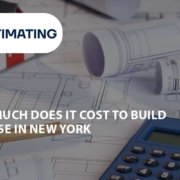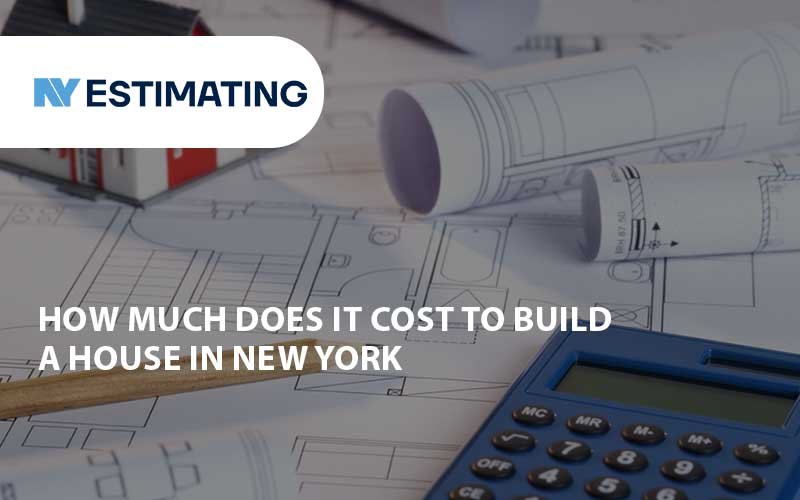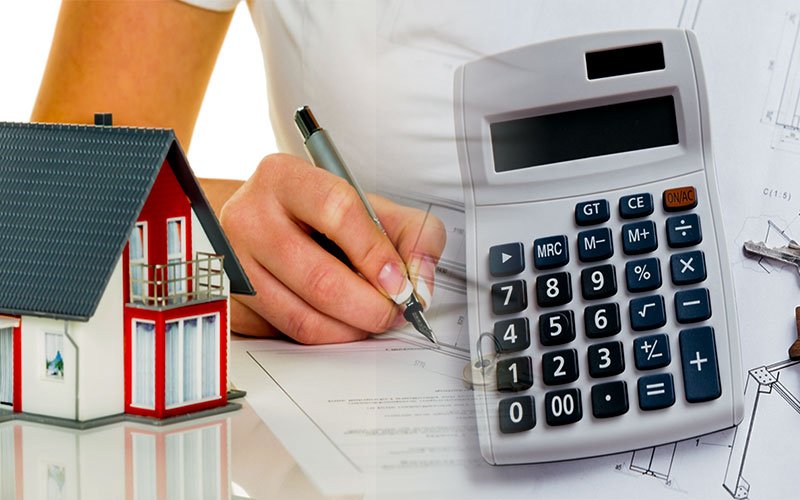The Role Of A Quantity Surveyor In Construction Projects
Quantity surveying is the most important aspect of the construction industry, responsible for controlling and managing the contracts and costs involved in a project. In the realm of construction, numerous experts play a significant role in ensuring the successful completion of infrastructure projects. Guess what? Quantity surveyors are one of the key players in this case.
But, who a quantity surveyor actually is? Often referred to as QS, a quantity surveyor is a highly knowledgeable and skilled individual who is involved in managing procurement and budget throughout the lifecycle of a building project. Briefly, these professionals have a complete know-how of construction costs. You might be looking for the answer to what is the role of a quantity surveyor, right? Continue reading this comprehensive blog post for more valuables.
What Does A Quantity Surveyor Do?
In the following, we’ve enlisted some crucial duties and responsibilities of a quantity surveyor.
- Presenting the right information about the overall cost of work elements on a daily basis to enable payment
- Dealing with legal and contractual matters
- Organizing the division of a building project into its component work packages, then handing over those work packages to subcontractors
- Arranging staff payments and settling the final accounts
- Managing costs to ensure that the very initial budget of a project doesn’t exceed
- Working out on determining the feasibility of an infrastructure project
- Acting as financial advisors
- Monitoring the project’s progress for the client is also one of the prime quantity surveying roles and responsibilities
Why Is A Quantity Surveyor Important?
The work of quantity surveyors is important to ensure that the overall budget for a project is utilized cost-effectively and practically. For this reason, the key aspect of the quantity surveying work is balancing the project’s budget with quality. However, below are some of the leading reasons that encompass the significance of quantity surveyors in the Construction takeoff services sector.
Procurement And Tendering
Quantity surveyors help project owners select and evaluate contractors and suppliers. Aside from this, they prepare asses bids, negotiate contracts, and prepare tender documents to get the best value for money. The procurement process is crucial for the utter success of a project.
Value Engineering
With the aim to project costs, these professionals never compromise on the quality as well. They identify different opportunities for value engineering. This helps suggest alternative construction methods or materials that can reduce costs while adhering to project requirements.
Contract Administration
Quantity surveyors have a crucial importance in contract administration. For example, they make certain that contractual obligations are met, handle any variations or disputes that could arise during the project’s execution, and keep track of the project against the set milestones.
Risk Management
On top of that, the construction quantity surveyor is also involved in assessing and addressing any risks linked with infrastructure projects. Adding more to this, these specialists identify potential risks and develop the most effective risk strategies to halt financial setbacks.
Financial Management And Project Planning
Such surveyors also contribute to project planning, but how? For instance, they provide valuable insights into various cost management strategies. They not only track costs but also prepare financial reports to keep stakeholders well-informed about the financial status of the project.
The Different Stages A Quantity Surveyor Is Involved In
Pre-Construction Stage
The QS (Quantity Surveyor) examines the engineer and architects’ plans, distinguishes the total budget involved, analyzes site conditions, and finally sets the general assessed expense plan for each crucial task in the building project. However, ensuring accuracy is the key to success.
Design Phase
In the design phase, the QS works with the design team and suggests the most practical and effective solutions to turn the building project economical within the designated budget. This comes under the process of value engineering which helps end the project without any hurdles.
Tendering Stage
It is the phase where professionals advise on contracting and tendering plans considering the crucial needs of the client and several other data accessible from architects. Besides, they also report on the liabilities and insurance with the client’s insurance advisers. However, the detailed and final tender estimate is generated by quantity surveyors with the building project designers.
Tender Selection And Appraisal
At this stage, QS experts advise shortlisting bidders and checking out the experience and financing standing of the tender. Aside from this, their responsibility also includes advising on any errors and negotiating offers – the final review of recommendations and bid documents.
Construction Phase
During the crucial phase of construction, the QS monitors the overall progress of the project. For example, he will prepare bills of payment to subcontractors, suppliers, and contractors following the agreement prerequisites. Not only this, but the expense impacts are also evaluated. Even if there is any kind of conflict between clients and related parties, they deal with them effectively.
Post-Construction Stage
When it comes to generating the statement of final reports, quantity surveyors come to assist as well. They record the exact amount of expenses that occurred in all areas of the project employment. Tax deduction laws and policies are applied and considered wherever required.
Skills And Qualifications Of A Quantity Surveyor
Let’s shed light on the essential skills and qualifications required for the quantity surveyor.
Skills Requirement Of A Quantity Surveyor
- The QS experts must have a solid understanding of different construction materials, techniques, and relevant regulations. This is because it will help them precisely provide informed advice.
- These experts interact with various stakeholders, including contractors, clients, and architects. So, effective negotiation and communication skills allow them to resolve conflicts, collaborate flawlessly, and convey complex information in a concise manner.
- A strong grasp of financial management practices and principles is vital for quantity surveyors. Therefore, they must be proficient in cost control, financial reporting, and budgeting to ensure the financial success of an infrastructure project.
- Analytical skills are also imperative for QS specialists. This helps them analyze complex data, identify budget-saving opportunities, and interpret construction plans. For this reason, there must be a huge focus on attention to detail and handling large quantities of information at the same time.
- Problem-solving skills are really very important here. The QS experts must be capable of encountering unforeseen challenges. This helps them not only identify potential issues, determine alternate solutions, and make well-informed decisions during the construction.
Qualifications Requirement Of A Quantity Surveyor
Want to become a QS specialist? If so, you must meet the following qualification requirements.
- A BTEC in Building Engineering, Building Studies, or Building Management or HND / HNC / Degree in quantity surveying
- 5 A-C grade or equivalent including maths, law, geography, science, design technology, or information technology
- A minimum of 3 years of experience in managing critical elements of the construction project.aria-checked=”false” aria-level=”1″>Membership to the RICS (Royal Institute of Chartered Surveyors)
Conclusion
Briefly explaining, quantity surveyors help execute the infrastructure project successfully. Their expertise in financial management, risk mitigation, and budgeting contributes to the overall sustainability and success of construction ventures. By harnessing their expert knowledge, building projects can stay within budget, on track, and meet the expectations of stakeholders.
The value and versatility brought by QS professionals make them the most valuable asset for any construction endeavor. They help ensure that the building projects are delivered on time.
Frequently Asked Questions
How do a quantity surveyor and an estimator differ from each other?
Quantity surveyors and estimators are both professionals in the construction industry. However, they have different roles and responsibilities to perform. For example, quantity surveyors are responsible for managing costs throughout the crucial lifecycle of the project. In contrast, estimators are focused on preliminary cost estimations to win as many tenders as possible.
Tell me about Quantities and how are they employed by QS.
Bills of quantities (BOQ) is an important document that lists the labor, equipment, and materials required for a construction project, along with their estimated costs as well. It is usually created by the cost consultant and quantity surveyor. Besides, the BOQ comprises all information, such as the labor cost, materials used, the scope of the work, and the number of workers employed.
How does a Quantity Surveyor manage risk in construction projects?
Quantity surveyors manage various risks in building projects by identifying, determining, and mitigating potential risks. The risks may comprise regulatory changes, delays, and budget overruns. All such changes are evaluated in terms of their potential and likelihood of impact.
What are the career paths for Quantity Surveyors?
There are many career paths for quantity surveyors, including project manager, construction manager, lecturing, cost engineer, senior quantity surveyor, and several other specializations.
Read More: Build A House In New York




